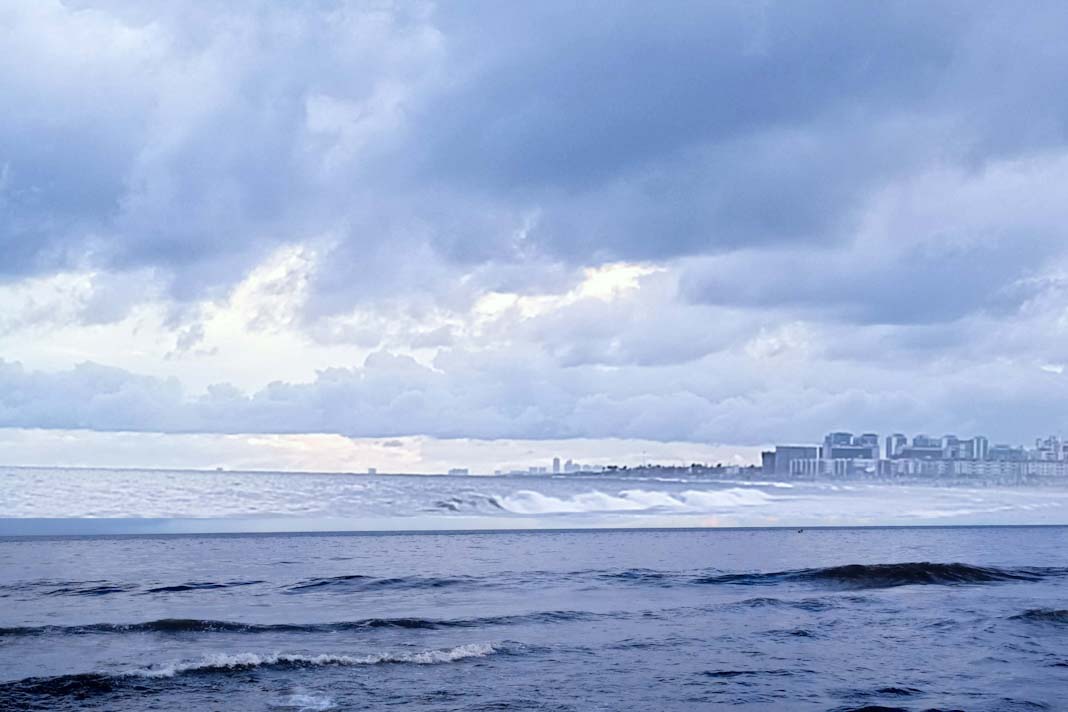
- Ships transiting the Panama Canal are subject to “Disruption Charges” ranging from USD 15,000 to USD 250,000, based on the severity and timing of reported deficiencies.
- Common causes include engine issues, draft violations, non-compliance with fuel requirements, and inadequate air conditioning in key areas.
- Pre-arrival inspections and prompt reporting through the Panama Maritime Single Window (VUMPA) are essential to reduce the risk of charges.
The Panama Canal Authority introduced Disruption Charges in December 2022, with implementation beginning January 1, 2023. These charges are designed to reduce delays and operational disruptions by ensuring that vessels are fully compliant with canal transit requirements. However, many ships continue to incur these charges due to recurring deficiencies and late reporting.
Common Deficiencies and Their Impact
According to the ship deficiency matrix, several issues frequently lead to disruption charges. These include exceeding the allowable draft (especially without adjusting for water density changes), experiencing engine failures mid-transit, non-compliance with fuel switching mandates for manoeuvring, and air conditioning systems that fail to meet specific temperature and humidity standards in the wheelhouse or pilot cabin.
The level of impact, which influences the disruption charge amount, is determined by both the nature of the deficiency and the timing of its discovery or reporting. Deficiencies reported before the vessel gets underway with a pilot on board are classified as low impact. However, those identified during transit, or certain high-risk issues like unsafe pilot boarding arrangements, are categorized as high impact regardless of when they are reported.
Correction Timeframe and Financial Implications
Vessels have a 30-minute window to correct any deficiencies that arise during transit. Failure to do so will lead to the imposition of disruption charges, which can be substantial depending on the impact level and ship type.
Appeal Process and Limitations
Although disruption charges are non-appealable as per the Panama Canal Authority’s maritime tariffs, ships may submit a “request for reconsideration” through local correspondents like C. Fernie & Co SA. However, the success rate for overturning these charges has been notably low.
Recommendations for Compliance
To avoid disruption charges, shipowners, managers, and masters should carefully review the ship deficiency matrix and address any potential issues well before transit. Thorough pre-arrival and pre-departure checks are critical, and any deficiencies must be promptly reported via the Panama Maritime Single Window system (VUMPA). Taking these steps will help ensure compliance with canal requirements and reduce the likelihood of financial penalties and delays.
Did you subscribe to our daily Newsletter?
It’s Free Click here to Subscribe!
Source: Britannia P&I Club























